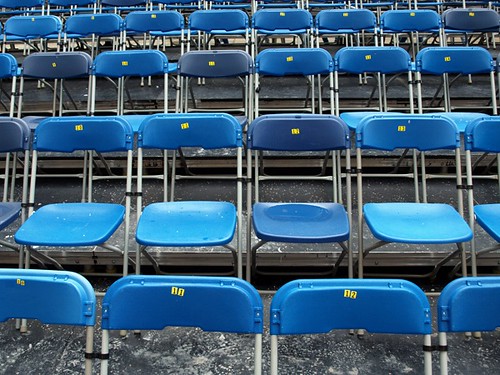Looking to those outside the visible bounds of the Church can be tremendously helpful for evangelization leaders. It’s kind of like the canary in a coal mine metaphor, as there are some trends that Catholic parishes are often buffeted from due to cultural tendencies. Attendance is certainly one of these areas.
For some Catholics, the word “obligation” is a powerful and motivating one. It implies responsibility, a solemn privilege, an honor. Thus the obligation to worship on Sundays results in attending Mass at a local parish. However, that particular cultural lens on obligation has shifted. For more and more Americans, obligation carries connotations of being forced to do something undesirable, being compelled to choose what is obviously not wanted.
Yet, for our nondenominational brothers and sisters in Christ, obligation has never been an operative part of why people attend Sunday services. Now, this isn’t true for all of our Protestant brothers and sisters, as most historical denominations have had attendance policies and culturally enforced “norms” of attendance. But by definition, a nondenominational church is outside of denominational assemblies, policies, and the like.
 So, when a vibrant church leader (Carey Nieuwhof) from this sphere shares insights on why even nondenominational church attenders are attending less and less often, as an evangelizer, I’m interested.
So, when a vibrant church leader (Carey Nieuwhof) from this sphere shares insights on why even nondenominational church attenders are attending less and less often, as an evangelizer, I’m interested.
Understanding this trend, Nieuwhof observes, “probably marks a seismic shift in how the church will do ministry in the future”–and I think he’s right. It doesn’t mean timeless truths change, but it means we change our how, just as St. Paul changed his how in different ministry contexts in Acts of the Apostles. It means pre-evangelization, not just the initial proclamation of the Gospel, becomes more and more essential (hint: it’s already essential 🙂 ).
Check out Nieuwhof’s 10 Reasons behind this trend of less frequent attendance, and consider how your ministry can respond, adapt, and be prepared for our continuously changing cultural landscape.
